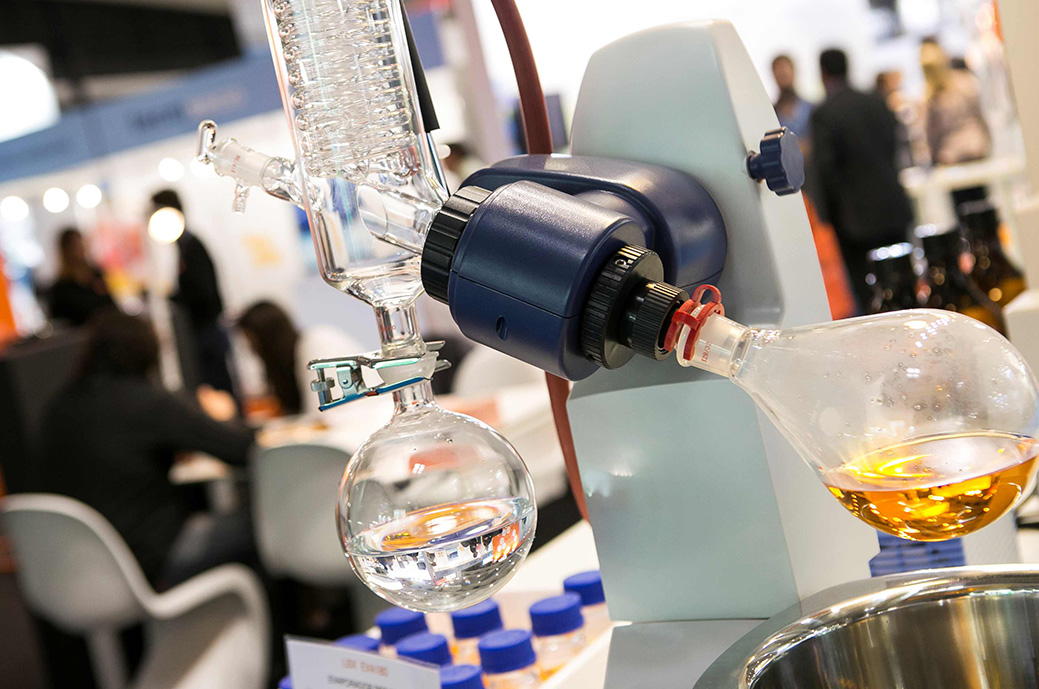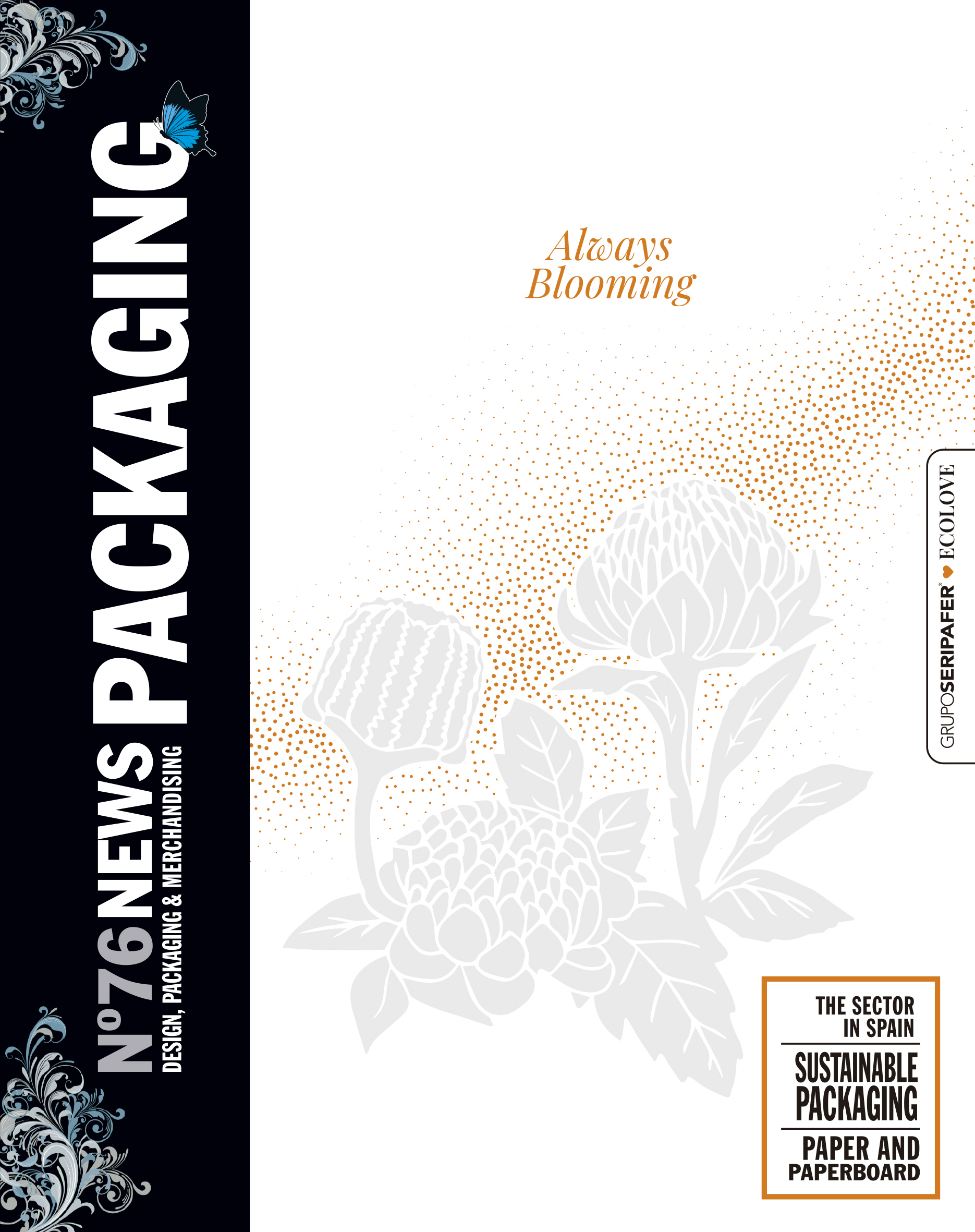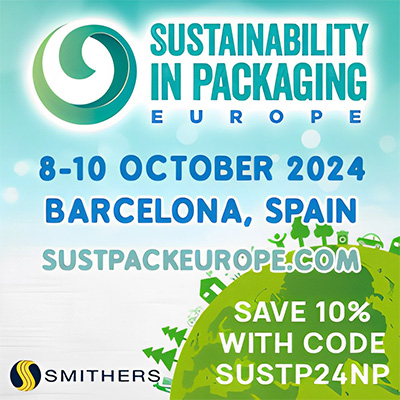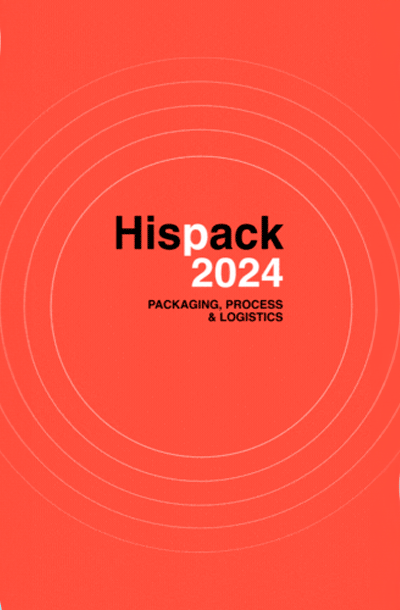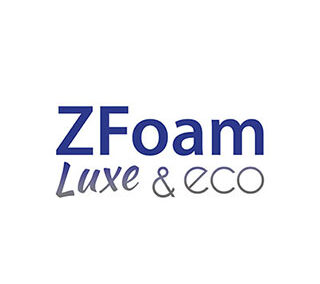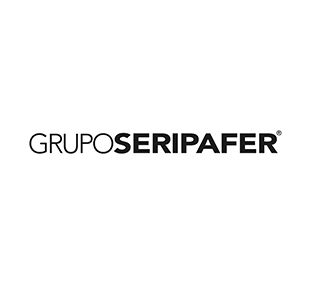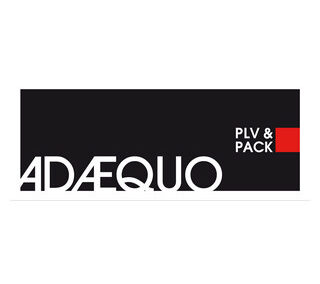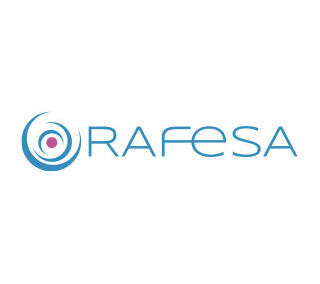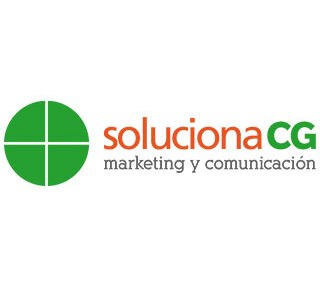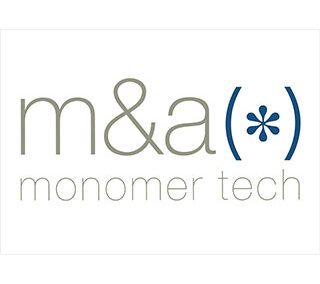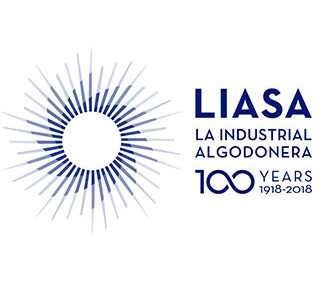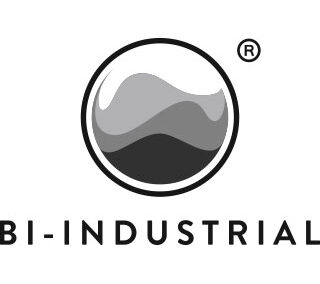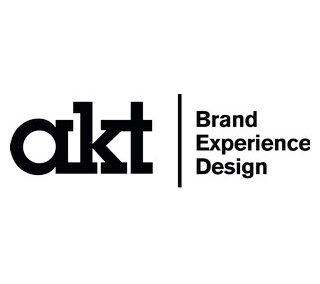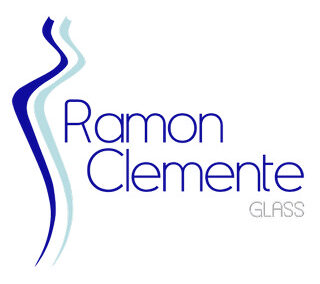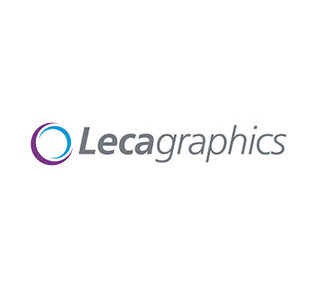Expoquimia and Equiplast, which are held from May 30 to June 2 at the Fira de Barcelona Gran Via venue, open the Tech Transfer & Innovation Area. In this space, a dozen spin-offs, startups and European research projects linked to new materials, nanotechnology, renewable energy and circular economy where chemistry and plastic mark the roadmap will participate.
In this area dedicated to technology transfer, spin offs exhibit their solutions Nanomol Technologies y Gloo, the startup Timeplast and European research projects Bizeolcat, SunCoChem, Licrox, r-LightBioCom, RedOsiris, Sea4Value y SbD4Nano, promoted by different technological centers with the participation of companies and entities from various countries. All of them will present their innovations, advances and business models to potential clients on May 31 in the form of an elevator pitch.
It should be noted that the The chemical sector is the largest investor in R+D+i in the Spanish industry (1.721 million euros in 2022) and provides work for more than 21% of the research staff, according to data from the Business Federation of Chemical Industries of Spain (Feique).
From nanodrugs to programmable bioplastics
Thus, it will be possible to know the advanced solutions to generate more effective, selective nanomedicines and with fewer side effects of Nanomol Technologies, a company founded in 2010 by researchers from the Institute of Materials Sciences of Barcelona-CSIC. Also, the high-performance adhesives of GLOO, a spin-off created in 2012 from the Materials Research Group-GEMAT of the Institut Químic de Sarrià. This firm sells a specific glue for the nautical sector capable of joining all kinds of materials even on wet surfaces or underwater; a chemical product formulated to seal leaks or water leaks from swimming pools, spas, wells or tanks, as well as other adhesive technologies for industrial applications for third parties.
As a world premiere, it will be possible to see the bioplastic of renewable and even edible origin developed by the startup U.S. Timeplast and marketed by PolimerUs that disintegrates after being submerged in water for 60 hours, although a longer immunity time can be programmed for certain applications.
Renewable energies, recycling and new materials
Several ongoing research projects financed with European funds will also be presented, such as Bizeolcat, in which the Eurecat technology center participates, whose purpose is to reduce the carbon footprint of the oil refining industry. Thus, with the synthesis of new catalysts and the use of membrane reactors, cheap raw materials for chemistry are made from gases such as propane and butane.
Also with the presence of Eurecat, the project SunCoChem has developed a reactor to manufacture chemical products from renewable energy based on carbon dioxide (CO2) recovered from the chemical industry itself and with the help of solar energy. For his part, Lycrox, Led by the Institut Català d'Investigació Química, it is a project that, imitating the natural process of photosynthesis, converts sunlight, water and carbon dioxide into ethylene gas, a raw material widely used in the chemical industry.
In the field of new materials and the circular economy, r-LightBioCom investigates, with the coordination of the AITEX technology center, new processes of design and production of composites high-performance lightweight materials that help to recycle them. In a similar vein, the project RedOsiris promotes the recycling of composite materials and plastic mixtures with profitable processes that generate by-products with high added value.
Meanwhile, Sea4Value, coordinated by Eurecat, develops a new process for the recovery of high-value metals and minerals from the brines of desalination plants with which to produce new raw materials.
Finally, SbD4Nano With the presence of Itene, it seeks to apply safety and prevention measures in the design of nanomaterials to mitigate possible risks to human health and the environment.

